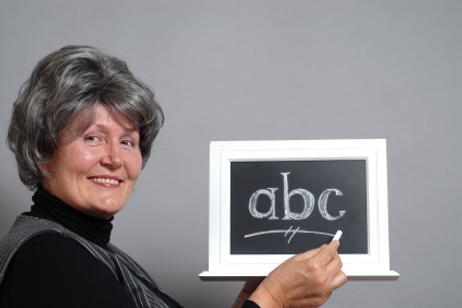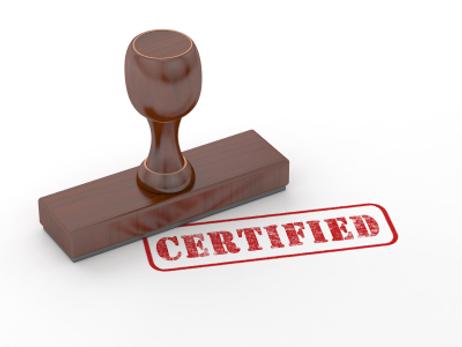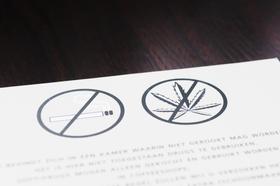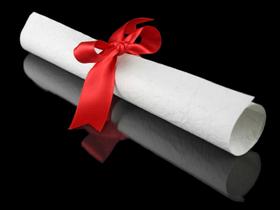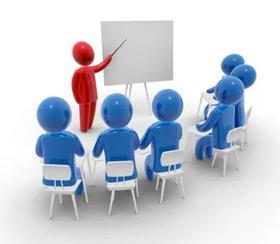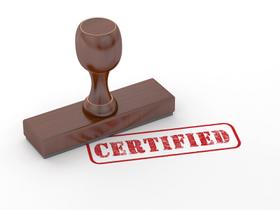In all the years I have written about private schools, I have never written anything about what a teacher does. This year after the pandemic, I feel that it is even more critical than ever to encourage and attract people to the profession. Let me preface my remarks by noting that teaching in a private school is somewhat different from teaching in a public school. The only exception to that statement that I can think of would be teaching in rural schools or other places where the school district is very small. Private schools are free-standing entities. There's no such thing as a district of private schools. As a result, a small PK-6 private school could have twelve teachers or less and a correspondingly tiny administrative staff. So, if small-sized schools appeal to you and prefer being in a situation where your voice can be heard, I recommend that you explore teaching in a small school. Of course, there are large PK-13 private schools with 1,000 or more students. Explore working in one of those if that's your thing.
Something which may appeal to those of you thinking about becoming a teacher later in life is that most private schools will accept your credentials without a teaching certificate. They will generally insist that you earn your teaching certification within a fixed period of a year or so. Most private schools focus on the quality of your tertiary education. So, if you did a bachelor of science

